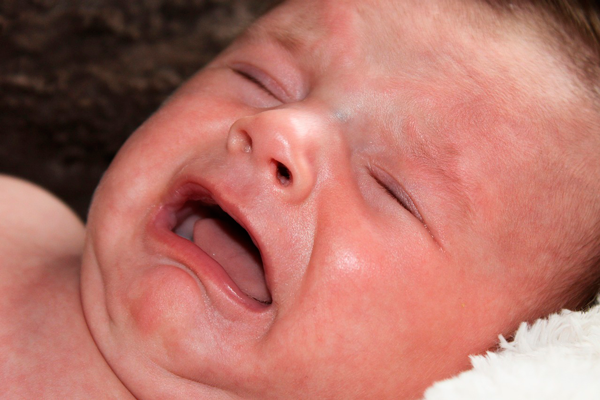
How do I know if my baby is hungry?
When you first become a new mother, one of the biggest worries is knowing when your baby is hungry. The two main worries of any new family are knowing why a baby is crying and knowing if she or he is hungry. If only they arrived with a manual!
So how do I know if my baby is hungry?
Babies can cry for many reasons: they might be bored, sleepy, hungry or lonely. But the good news is, that no matter the reason why they cry, they accept breastfeeding, either to feed or to soothe and relax. So when in doubt about the type of crying, offer your breast. If your baby accepts and stops crying, great, mission accomplished! Just remember, when in doubt, try breastfeeding.
On the other hand, crying is a late sign of hunger and their last resort, so ideally a baby shouldn’t have to cry to be fed.
So if I don’t wait for my baby to cry, how do I know if she’s hungry?
Luckily, babies have many ways of communicating, and all you need to do is observe them and understand what they are asking for. When a baby is hungry, before starting to cry, she does many other things: she stretches out, makes different faces, moves her head from side to side (rooting), opens her mouth and makes chewing motions or makes little noises. And your baby does all of this with her eyes closed, almost asleep.
Trouble starts when their demands are not understood and satisfied, and when this happens, a baby gets desperate and cries. Just imagine you go to a restaurant and the waiter ignores your looks and your hand gestures to call him. In the end, you will probably shout at him: “Hey, I’m starving! Can you come over!” And that’s just what babies do.
So if my baby doesn’t cry, does that mean she is not hungry?
This is a delicate issue, especially in small, premature or sick babies. When a baby has little energy, it will go into a “saving” mode, leading to a lot of sleeping and too little feeding. In this mode, if you do not wake your baby up, to put her on the breast or offer expressed breastmilk, the baby continues to sleep without asking for food, which can lead to not enough weight gain or even weight loss.
Therefore, in the first few weeks, it is very important that you watch your baby’s feedings. If your baby feeds less than 8 to 12 times in 24 hours, you need to mark the feeding timings, to ensure that the baby eats as much as she needs. Later, when your baby has regained her birth weight or has overcome the illness, breastfeeding will return to demand feeding, and your baby will tell you what she needs.
But my baby always accepts the breast!
Yes, most babies during the first three or four months of their lives have no objection and always feed if you latch them onto your breast. And, although it may come as a surprise, it might be a matter of changing your perspective and realising that breastfeeding helps for everything: whether it’s for soothing, relaxing or feeding. Understand, that for your baby, your breast is the best place in the world. Your baby’s paradise is being at your breast. Little by little, as they grow up, they will feed faster and learn which breast has more milk and which has less, and so they will prefer one side for feeding and the other for falling asleep.
Keeping your baby close, observing and listening to your baby’s cues is key to success: a baby who breastfeeds well doesn’t have to cry.
If you need help, our team of maternity and breastfeeding experts are available in the Consultation Channel of our LactApp app, which is free to download for iPhone and Android.